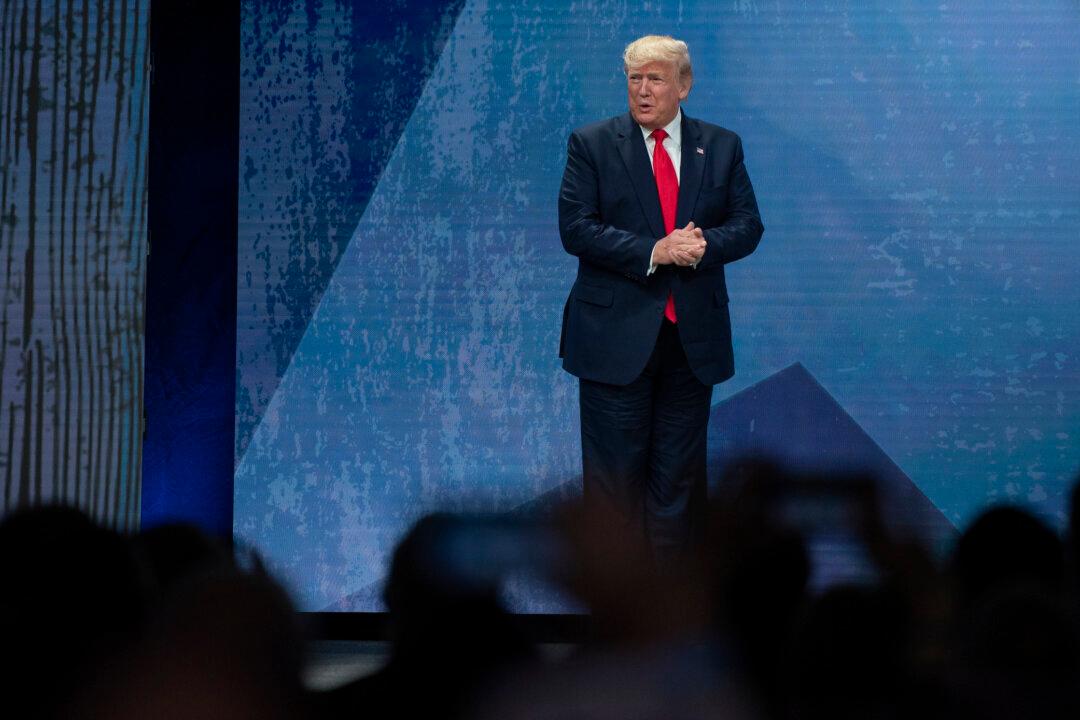President Donald Trump’s attorneys called on the U.S. Senate to dismiss the articles of impeachment sent by the House and immediately acquit the president, calling the charges against the commander in chief a “brazen political act” that must be rejected.
In a trial memorandum released by the White House a day before the start of the third impeachment trial in U.S. history, the president’s attorneys argue that the articles of impeachment fail to state an impeachable offense and are the result of an “unconstitutional process” executed by House Democrats.





